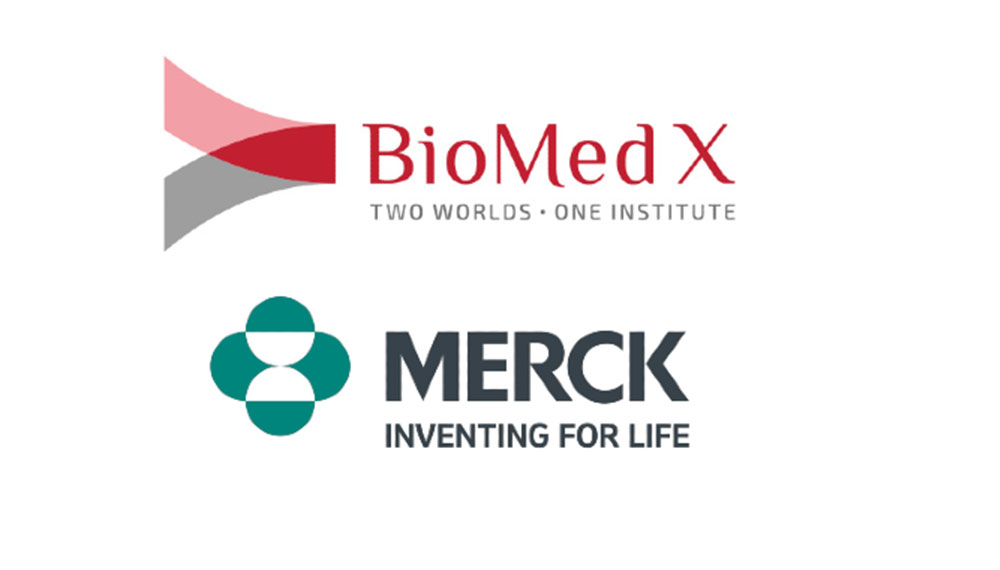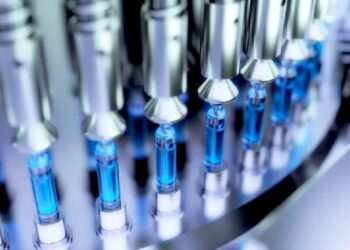BioMed X, a German independent research institute, announces the start of its new research project ‘Extrachromosomal DNA in Cancer’ (EDC) in collaboration with Healthcare Business of Merck KGaA, Darmstadt, Germany. The main objective of this research group is to develop an atlas of extrachromosomal DNA (ecDNA) in human cancer tissues and thereby trace back the mechanisms of ecDNA formation and function.
Like the name suggests, extrachromosomal DNA refers to DNA sequences that are not located on chromosomes. Moreover, cancer-associated extrachromosomal DNA usually contains oncogenes and regulatory regions that can provide a selective growth advantage, such as drug resistance, to the cancer cells who possess it, while also rapidly leading to increased intratumoral genetic heterogeneity.
Dr. Alexandros Drainas, group leader of team EDC, explains why this is relevant for cancer treatment: “Oncogene amplification plays a central role in tumorigenesis, and ecDNA is a frequent and effective mechanism for gene amplification in cancer cells. We need to understand the precise biology of these DNA elements in order to design more potent anticancer treatments, especially for aggressive forms of cancer that rapidly become resistant to therapies.” To lead this project, Dr. Drainas has returned to Heidelberg, the place where he obtained his PhD at the European Molecular Biology Laboratory (EMBL), before moving to Stanford University, for his postdoctoral appointment studying drug resistance and tumor heterogeneity.
This is the seventh collaboration on an oncology topic between the BioMed X Institute and the Healthcare Business of Merck KGaA, Darmstadt, Germany, and the third currently active project developing innovative anticancer therapies. The other two Darmstadt-partnered cancer research teams at the BioMed X Institute are studying RNA Splicing in Cancer and Synthetic Lethality in DNA Repair. Rather than studying a particular cancer type, all three projects aim to understand the essentials of how the biology is altered in the context of cancer.
“With these three current projects, we are at the forefront of deep cancer biology, and complying with our vision of seeding biomedical innovation for the benefit of patients”, Christian Tidona, Founder and Managing Director of the BioMed X Institute, highlights. “Merck, Darmstadt, Germany, was our first industry partner when BioMed X was launched in 2013, and we are delighted to strengthen our collaboration with them through this new exciting project.”



















